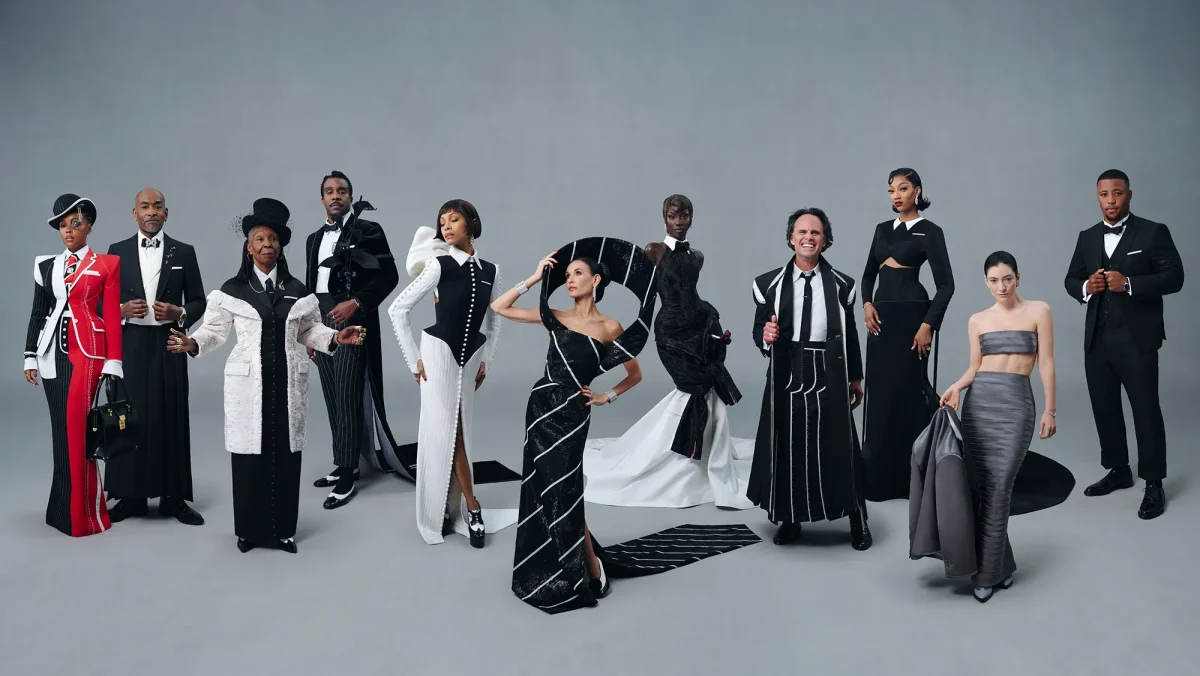Growing up as a teenage girl in today’s America, it feels like we’re constantly told that anything is possible, that we can be whoever we want to be and break any glass ceiling. But when I look around, I see double standards everywhere, especially in politics, where the rules seem to apply differently to men and women. One of the clearest examples of this is how political figures like Pres. Donald Trump and Vice Pres. Kamala Harris are treated in the public eye. Even though both are powerful political figures, the way they’re scrutinized and held accountable shows a lot about the double standards that still exist in our society.
Take Pres. Donald Trump, for example. He was president for 4 years and, despite multiple scandals, legal challenges, and accusations of misconduct, he somehow managed to stay in power and even gain more support among certain groups of people. His personal behavior, like his history of controversial comments, questionable business dealings, and multiple accusations of sexual misconduct, didn’t seem to stop him from becoming a symbol of strength and power for many Americans. But let’s be honest—if a woman, especially a woman of color, had acted even half as recklessly as Pres. Trump did during his time in office, there’s no way she would have been allowed to get away with it. If Vice Pres. Kamala Harris, for example, had made half the mistakes Pres. Trump made, I have no doubt she would’ve been labeled as “unfit,” “unqualified,” or “too emotional.”
From the moment Harris became the first female Vice President, and the first woman of color to hold that position, she was under a microscope. People were quick to criticize her for everything: her speaking style, her wardrobe, even her laugh. When she was appointed Vice President, many took issue with her background or her perceived inexperience, questioning whether she was “ready” for such a high position. At the same time though, Pres. Trump, who had no prior political experience and was known for his bombastic personality, was celebrated as a strong leader who was “just what America needed.”
What’s even more frustrating is how women like Kamala Harris are often expected to be perfect in a way men aren’t. If she shows emotion or gets defensive, she’s seen as unqualified or “too soft” for the job. But when Trump makes impulsive decisions, throws tantrums, or even mocks his critics, it’s somehow written off as him being “authentic” or “real.” There’s this idea that women need to be more composed, more measured, and more agreeable, while men can get away with being brash and bold, even if it’s reckless.
For me, watching these double standards play out shows how deeply ingrained sexism is in American politics. It’s not just about who is qualified or capable; it’s about what people think women “should” be, and how those standards often feel impossible to meet. Women in leadership are expected to be calm, collected, and always professional—anything less and they risk being called “too emotional” or “too aggressive.”
The media often focuses on Harris’s struggles or shortcomings, all the while giving Pres. Trump endless opportunities to speak his mind and defend himself. In fact, a lot of his controversies were overlooked or minimized. But with Vice Pres. Harris, every small mistake is magnified. It’s like she’s always under more pressure to prove herself, while Pres. Trump’s flaws were often brushed aside as part of his “charm.”
I see how these double standards shape the way we view leadership and power. I see how men, especially men like Trump, are allowed to be flawed and still rise to the top, while women have to be perfect or risk being criticized or rejected. It makes me wonder how different things would be if women were given the same grace to fail, to make mistakes, or to be imperfect without facing constant judgment. The truth is, we still live in a world where women are held to a higher standard—especially in positions of power—and it’s hard not to feel the weight of that pressure every day.
In the end, these double standards are a reflection of a society that still struggles to accept women in leadership roles. It’s a reminder that we still have a long way to go before men and women are truly treated equally, not just in politics but in every aspect of life. Until then, it’s up to us to keep pushing back against these outdated expectations and fight for a future where all of us—no matter our gender—are judged by our abilities, not by how well we fit into someone else’s mold.















